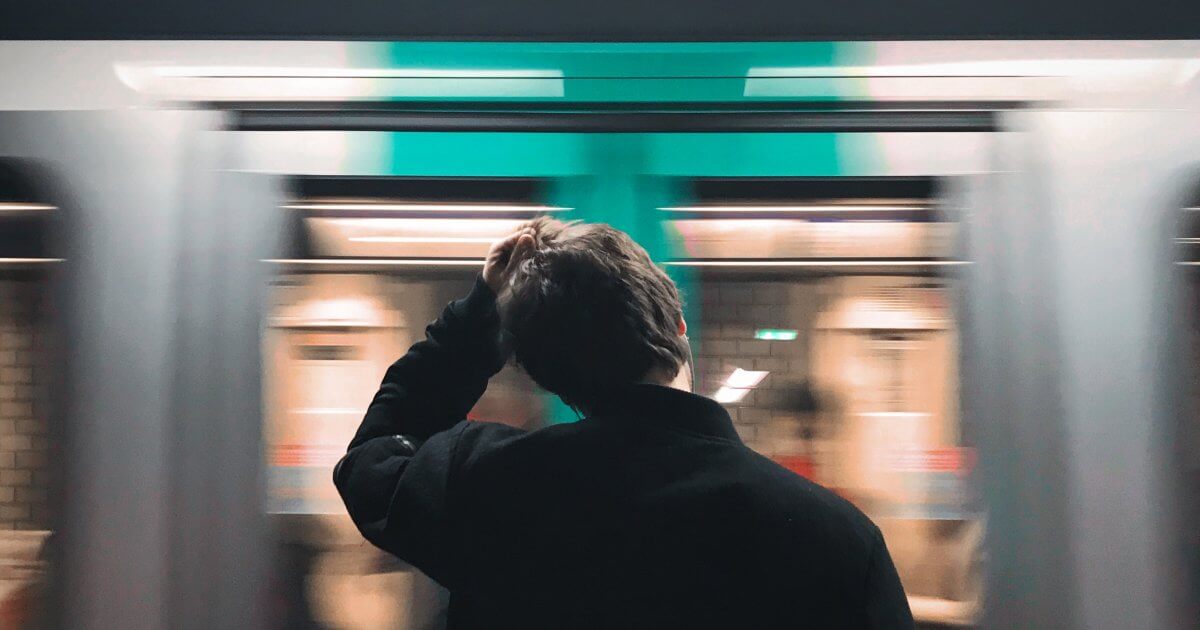Screening Delays During Pandemic Lead to Later Diagnoses
- First-of-its-kind study shows routine cancer screenings plummeted by about 75% during first wave of pandemic.
- Delaying screening leads to cancer diagnoses at later, harder-to-treat stages.
- Numbers rebounded in second three months of pandemic.
"With improvement in precautions such as universal masking, hand hygiene, and minimizing crowding, hospitals and other clinical sites are low risk for exposure to COVID," Ritu Salani, MD, tells SurvivorNet. She is director of the division of gynecologic oncology at UCLA Health and the UCLA Jonsson Comprehensive Cancer Center.
What The Study Found
Researchers at Dana-Farber/Brigham and Women's Cancer Center reviewed a registry of patient data at Massachusetts General Brigham, a system of hospitals, community health centers, and doctors' offices in Massachusetts.
Dr. Daynelle Dedmond discusses ovarian cancer treatment during COVID-19 pandemic.
They tracked how many people had cancer screenings, including mammograms, colonoscopies, pap smears, prostate-specific antigen tests, and low-dose CT scan, and how many of those screenings resulted in a cancer diagnosis. They looked at these numbers for four three-month periods: December 1, 2019 to March 1, 2020 (the three months leading up to the pandemic); March 2 to June 2, 2020 (the first peak of the pandemic); June 3 to September 3, 2020; and, in order to compare it to the first peak of the pandemic, March 2 to June 2, 2019, a full year prior to the first wave.
Related: 30% of Women Have Delayed Mammograms Due to COVID-19
Far fewer people went in for cancer screenings during the first wave of the pandemic than during any other three-month period they tracked. Just 15,453 people had cancer screenings during the first wave. Compare that to 60,344 during the same three-month period in 2019. In the three months prior to the pandemic, 64,269 people had cancer screenings. The fall-off in cancer screenings resulted in an estimated 1,438 fewer cancer diagnoses.
"It is important that patients continue to have screenings, even during the COVID-19 pandemic, as this detects cancers in early and curable stages or identifies pre-invasive conditions that can be easily treated." – Dr. Salani
Presumably, when these estimated 1,438 people do go in for cancer screenings, they will get diagnosed with a more advanced cancer than they would have otherwise.
"It is important that patients continue to have screenings, even during the COVID-19 pandemic, as this detects cancers in early and curable stages or identifies pre-invasive conditions that can be easily treated," Salani explains.
On the bright side, the numbers show that many people are now back on track with their cancer screenings. In the second three months of the pandemic, screenings rebounded to 51,944.
What You Should Know
Routine cancer screenings do not require any of the limited resources that are needed on COVID-19 wards. What's more, cancer screenings don't take place where COVID-19 patients would be hospitalized. So, even in cities where hospitals are overwhelmed with COVID-19 patients, the virus has no impact on the hospital's ability to provide safe and timely cancer screenings.
Fear of picking up COVID-19 during a routine checkup should not be your chief concern. Early detection of cancer should be your priority.
"If you were to get COVID-19 or you were to get a cancer diagnosis at a more advanced stage, you're more likely to die from that more advanced cancer than you are from COVID-19" Bevers says. "The vast majority of people do not die from COVID-19. But if you have a more advanced cancer, your risk of death goes up."
Learn more about SurvivorNet's rigorous medical review process.


